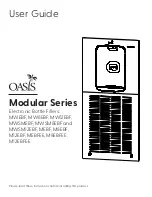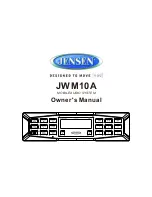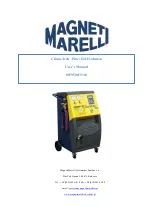
1
1 SAFETY
Important Safety Precautions
OPERATION AND MAINTENANCE OF PLASMA ARC EQUIPMENT CAN BE DANGEROUS AND HAZARDOUS
TO YOUR HEALTH.
Plasma arc cutting produces intense electric and magnetic emissions that may interfere with the proper function of
cardiac pacemakers, hearing aids, or other electronic health equipment. Persons who work near plasma arc cutting
applications should consult their medical health professional and the manufacturer of the health equipment to
determine whether a hazard exists.
To prevent possible injury, read, understand and follow all warnings, safety precautions and instructions
before using the equipment.
GASES AND FUMES
Gases and fumes produced during the plasma cutting process can be dangerous and hazardous to your health.
•
Keep all fumes and gases from the breathing area. Keep your head out of the cutting fume plume.
•
Use an air-supplied respirator if ventilation is not adequate to remove all fumes and gases.
•
The kinds of fumes and gases from the plasma arc depend on the kind of metal being used, coatings on the
metal, and the different processes. You must be very careful when cutting or cutting any metals which may contain
one or more of the following:
Antimony
Chromium
Mercury
Beryllium
Arsenic
Cobalt
Nickel
Lead
Barium
Copper
Selenium
Silver
Cadmium
Manganese
Vanadium
Always read the Material Safety Data Sheets (MSDS) that should be supplied with the material you are using.
This MSDSs will give you the information regarding the kind and amount of fumes and gases that may be
dangerous to your health.
•
Use special equipment, such as water or downdraft cutting tables, to capture fumes and gases.
•
Do not use the plasma torch in an area where combustible or explosive gases or materials are located.
•
Phosgene, a toxic gas, is generated from the vapours of chlorinated solvents and cleansers. Remove all
sources of these vapours.
ELECTRIC SHOCK
Electric Shock can injure or kill. The plasma arc process uses and produces high voltage electrical energy.
This electric energy can cause severe or fatal shock to the operator or others in the workplace.
•
Never touch any parts that are electrically “live” or “hot.”
•
Wear dry gloves and clothing. Insulate yourself from the workpiece or other parts of the cutting circuit.


































